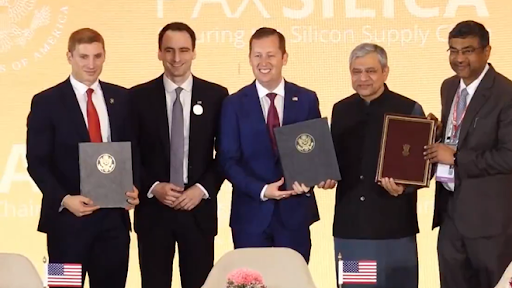



On June 3, 2025, the UN General Assembly elected Bahrain, Colombia, Democratic Republic of the Congo, Latvia, and Liberia as non-permanent UN Security Council members for 2026-2027, replacing Algeria, Guyana, South Korea, Sierra Leone, and Slovenia. They secured a two-thirds majority, with Latvia marking its first term.

Copyright infringement not intended
Picture Courtesy: THE HINDU
Context:
The UN General Assembly elected five countries to serve as non-permanent Security Council members for the 2026-2027 term.
It is the most powerful body within the United Nations. It is primary responsibility is to maintain international peace and security.
It has 15 members
The UN General Assembly, which includes all 193 UN member states, elects the non-permanent members.
Elections are held by secret ballot. To win a seat, a candidate country must secure a two-thirds majority of the member states present and voting. This means at least 129 votes if all 193 members vote.
Seats are allocated based on regional groups to ensure geographical representation.
 Copyright infringement not intended
Copyright infringement not intendedOn June 3, 2025, the UN General Assembly elected the 5 countries to serve as non-permanent members of the Security Council for a two-year term starting January 1, 2026, and ending December 31, 2027:
These newly elected members will replace the following five countries whose terms end on December 31, 2025:
These five newly elected nations will join the other five non-permanent members elected the previous year (Denmark, Greece, Pakistan, Panama, and Somalia, whose terms run through 2026) and the five permanent members.
Must Read Articles:
UNITED NATIONS SECURITY COUNCIL (UNSC)
Source:
|
PRACTICE QUESTION Q. Critically analyze India’s case for permanent membership in the UNSC. What are the key challenges it faces in achieving this goal? 150 words |




© 2026 iasgyan. All right reserved